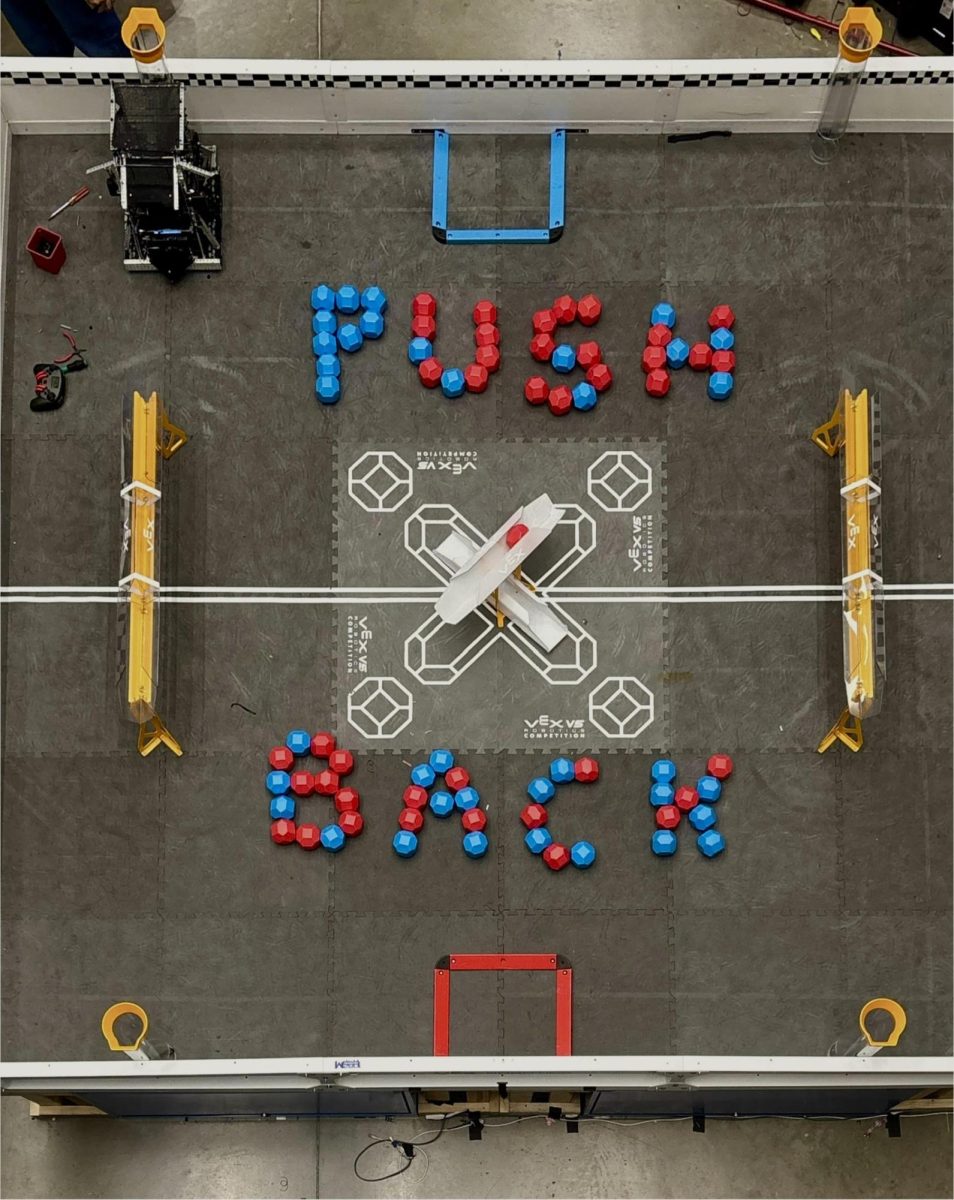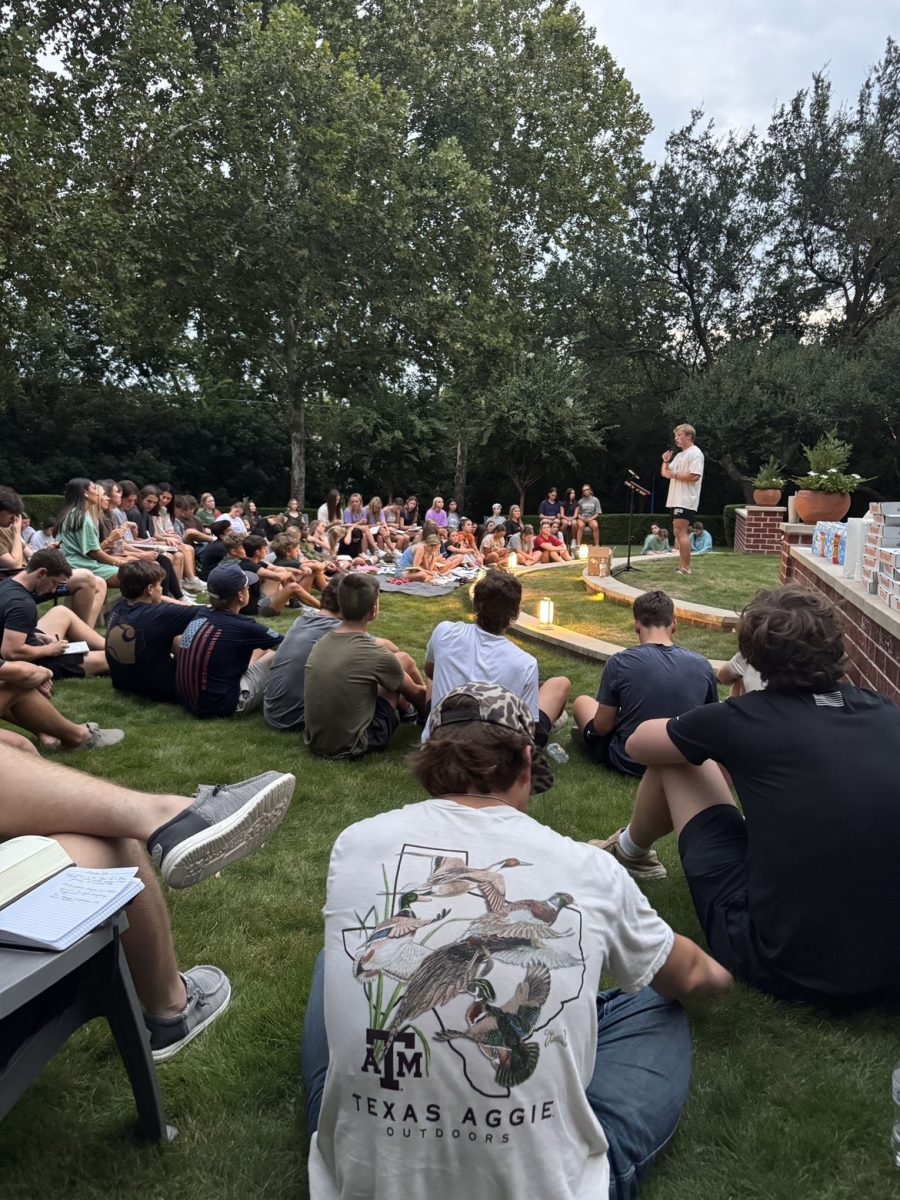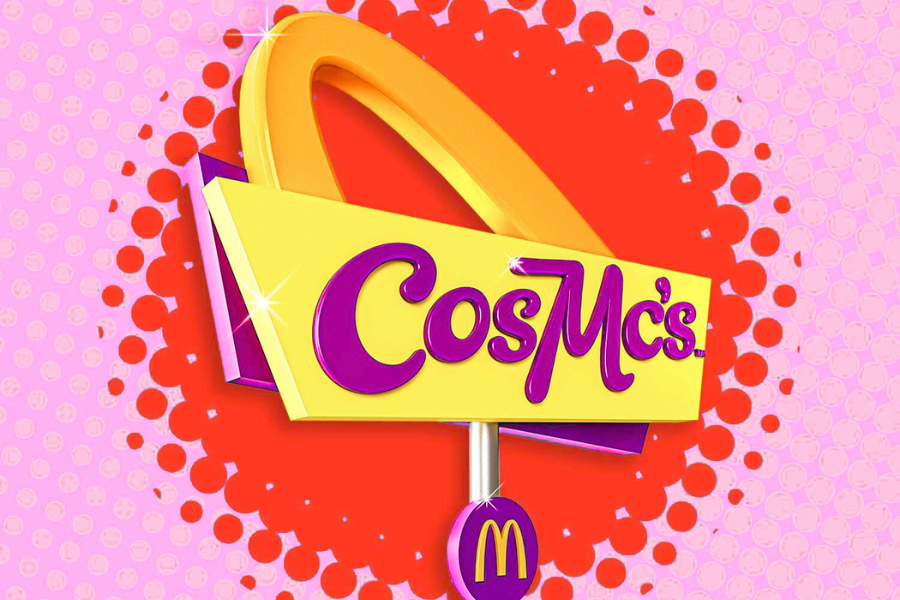While the opinions vary on the two years of foreign language required for graduation, one student has found so much love for language, he’s decided to make one of his own.
When it came time for senior John Reaves to choose a senior project, he was able to further his passion for languages with a new challenge.
“I have been interested in languages for a while, but I wasn’t aware the direction that my interest would take until sophomore year when I created an alternate writing system for American English during Spanish III when we weren’t doing all that much,” Reaves said. “After that I started looking more and more at the IPA, [which stands for] International Phonetic Alphabet, different sounds, and the grammars and phonologies, [meaning] what sounds are present in various languages. Eventually, my focus drifted into creating constructed languages. It sounded fun, possible, and interesting.”
Constructed languages are languages whose grammar and vocabulary have been purposefully devised for human or human-like communication, instead of having developed naturally and culturally over time.
His mentor, Spanish teacher Seth Sartain, has supported Reaves as he works toward his goals, which have surpassed that of the senior project and differ from the intent of others who create constructed languages.
“For the senior project in general, the hope is that students will dedicate themselves to something, meet obstacles, and circumvent them,” Sartain said. “I’m already seeing that for him. Specifically for his language, it’s just kind of a fun thought exercise. People have created their own constructive languages with lofty goals like to unite the world under a common language, and it tends to not happen. But his goal, just because he’s curious and interested in linguistics, is wanting to figure it out and have fun with it.”
The process of creating a language is one that takes focus, dedication, and strict attention to detail. Reaves, who started from nothing but a blank sheet of paper and an idea, has many plans for the construction of his language.
“I started by trying to figure out what sounds and combinations thereof I wanted in my language, then basic word-forming rules, then took a kind of basic word list pulled from a helpful book and translated most of those words,” Reaves said. “I will continue to expand a word list, but I am also beginning to develop a culture for the people that speak my language, as language and culture can have great impact–look at Yiddish/Hebrew or any other language like that.”
Reaves recognizes that creating a language is not an exact science. He anticipates that he will have to revise and edit his language many times before its completion.
“Despite my word list, I’ll probably go back and tear up most of the words I have in an effort to make a better etymological system [which is the origin of a word and the historical development of its meaning], and I’ll use what I have now to nail down a good grammar.”
Reaves has been hard at work on his language for a while, and friends of his have taken notice as he’s progressed through his senior project.
“I think languages are a very difficult thing that people often don’t appreciate the complexity of, and it speaks to John’s intelligence that he’s able to create one for his senior project,” junior Zachary Brown said.
While there may be obstacles at hand, Reaves accepts them as part of the process and pushes on, enjoying his time doing what he’s passionate about.
“It’s all my favorite part,” Reaves said. “I like translating things and creating scripts a lot, but the entire process is intrinsically interesting to me.”























